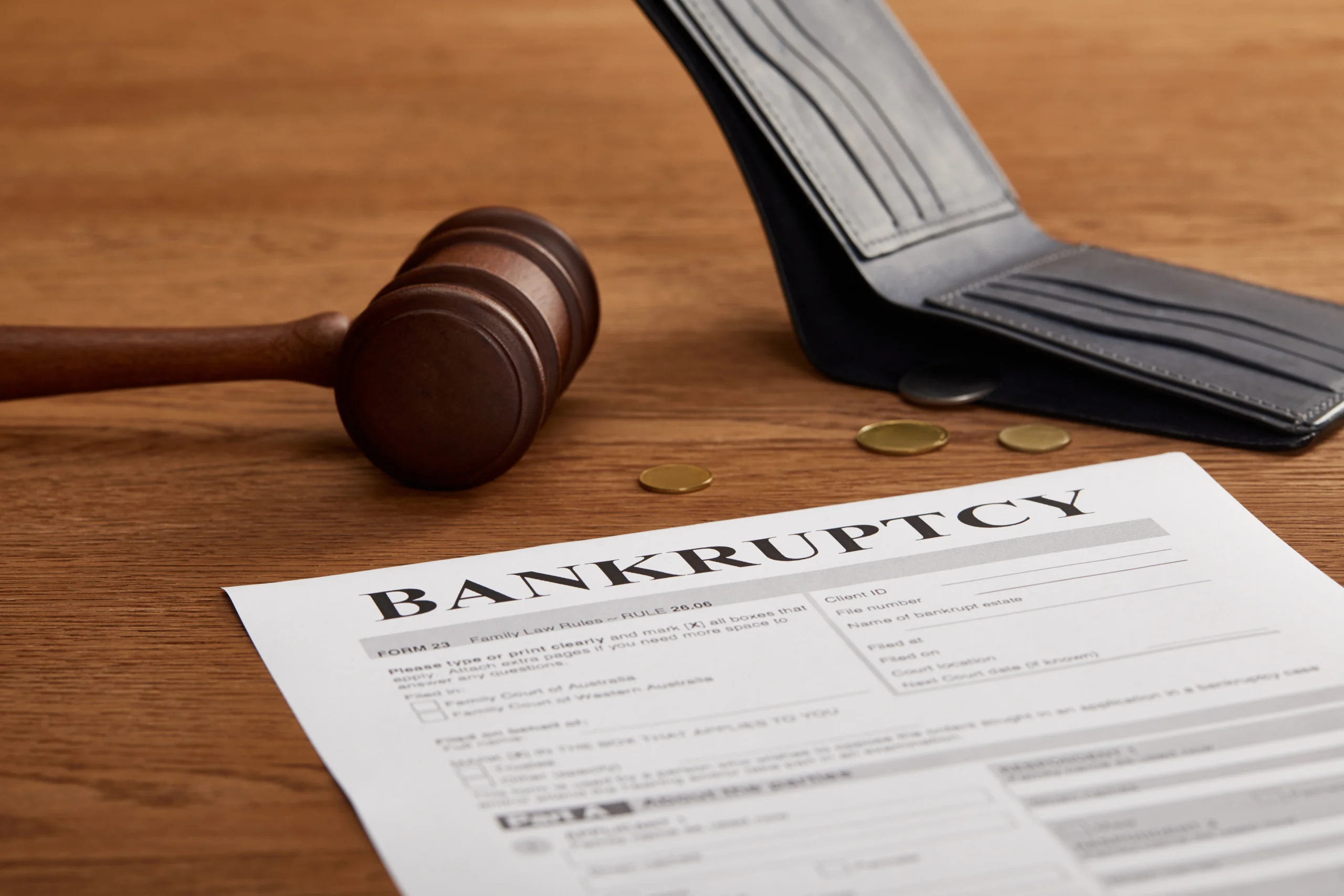- 18 Oct 2025

Filing for bankruptcy is a significant decision that can impact your financial future, and choosing the right bankruptcy lawyer is critical to ensuring the process runs smoothly. With the right legal guidance, you can navigate this complex process confidently and effectively, making the best possible decisions for your situation. This article provides an in-depth guide on how to choose the best bankruptcy lawyer for your needs, along with frequently asked questions (FAQs) to address your concerns.
Bankruptcy law is intricate and varies by jurisdiction, requiring a clear understanding of federal, state, and local laws. A bankruptcy lawyer helps you:
While it’s possible to file bankruptcy on your own, hiring a lawyer increases the chances of a successful outcome and minimizes costly mistakes.
Bankruptcy cases vary in complexity. For instance, a personal Chapter 7 filing is simpler than a Chapter 11 filing for a business. Before hiring a lawyer, assess your situation:
A lawyer’s specialization and experience should align with your needs.
Bankruptcy law is a niche area of practice. Look for lawyers who specialize in bankruptcy cases and have substantial experience handling cases similar to yours. Some key factors to evaluate include:
Experienced lawyers are more likely to anticipate potential issues and provide effective solutions.
Look for a lawyer who is licensed and in good standing with the state bar association. Additional certifications in bankruptcy law, such as being a Certified Specialist in Consumer Bankruptcy Law or Business Bankruptcy Law, demonstrate a deeper level of expertise.
Use the American Board of Certification (ABC) to verify a lawyer’s credentials if they claim to be a certified bankruptcy specialist.
Ask for recommendations from:
These sources can give you insights into the lawyer’s reputation, communication style, and effectiveness.
Conduct your own research to learn more about potential lawyers. Look for:
Lawyers with a strong online presence often demonstrate a commitment to educating and assisting their clients.
Most bankruptcy lawyers offer free or low-cost initial consultations. Use this opportunity to:
Bankruptcy lawyer fees vary based on factors such as the complexity of your case, location, and the lawyer’s experience. Common costs include:
While cost is an important factor, avoid choosing a lawyer solely based on the lowest fees. Instead, focus on value for money, ensuring they provide personalized attention and effective representation.
A good bankruptcy lawyer should be accessible, responsive, and transparent throughout the process. Pay attention to their:
Check for complaints or disciplinary actions against the lawyer. Use resources like:
Your bankruptcy lawyer will play a significant role in a stressful period of your life. Choose someone who:
1. Do I need a bankruptcy lawyer, or can I file on my own?
While you can file bankruptcy without a lawyer, the process is complex and prone to errors. Hiring a lawyer increases your chances of a successful outcome and helps you avoid costly mistakes.
2. What’s the difference between Chapter 7, Chapter 11, and Chapter 13 bankruptcy?
Your lawyer will help you determine which chapter is best for your situation.
3. How much does it cost to hire a bankruptcy lawyer?
Fees vary based on the case’s complexity and location. For a Chapter 7 case, expect to pay $1,000–$3,500, while Chapter 13 cases typically cost $2,500–$6,000.
4. Can I negotiate a payment plan with a bankruptcy lawyer?
Many bankruptcy lawyers offer payment plans to make their services more affordable. Discuss this during the consultation.
5. How long does the bankruptcy process take?
6. How do I know if a lawyer is the right fit for me?
Choose a lawyer who specializes in bankruptcy, has a strong track record, communicates clearly, and makes you feel comfortable.
7. What happens if my case is dismissed?
If your bankruptcy case is dismissed, you may lose protection from creditors and will need to address the issues that caused the dismissal before refiling. An experienced lawyer can help prevent this outcome.
Choosing the best bankruptcy lawyer is a crucial step in regaining financial stability. By assessing your needs, researching potential lawyers, and asking the right questions during consultations, you can find a professional who will guide you through the bankruptcy process with expertise and compassion. Remember, the right lawyer not only improves your chances of success but also provides peace of mind during a challenging time.